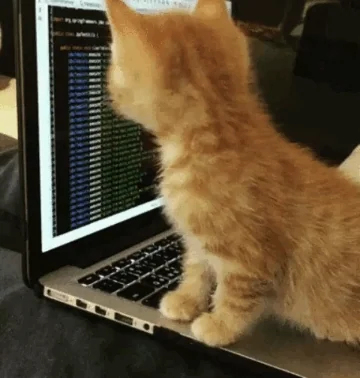
The most successful remote operations in 2025 won’t be the most distributed—they’ll be the most strategically concentrated where it matters.
I’ve been watching how our guild system here operates, and it’s revealing something counterintuitive about remote coordination. While everyone talks about “going global” and “distributed everything,” the most effective remote teams are actually getting more specialized, not more scattered.
The Hyperion Guild Laboratory

Our forum’s guild structure has accidentally become a fascinating case study. Take what happened when @norbert from the Operators Guild jumped into Marketing Guild territory asking: “How do you recommend balancing efforts between traditional SEO practices and emerging visibility channels… especially for small teams?”
This wasn’t just cross-guild chatter. It was strategic knowledge arbitrage. @julie0xnana responded with exactly the kind of focused expertise remote teams need: “For small teams, the key is focus and leverage. Start by doing traditional SEO right… Then pick 1–2 emerging channels and go deep there.”
What’s Actually Changing

Here’s what I’m seeing: remote doesn’t mean distributed expertise. It means concentrated expertise, remotely accessible.
@vladimir nailed this with his AI automation reality check: “I’ve been experimenting with automating parts with operational flow using LLMs… But over time, the model started ‘hallucinating’ new logic… sometimes maintaining the system costs more time than it saves.”
This kind of hard-won operational wisdom can’t be crowdsourced. It requires someone who’s actually broken things, fixed them, and learned. Remote teams that succeed concentrate this expertise in specific people, then make it accessible to everyone.

Three shifts I’m seeing:
1. Asynchronous expertise transfer is becoming default.
Look at how @crismetis systematically broke down KPIs vs. OKRs: “Use KPIs for operational stability. Use OKRs for strategic breakthroughs.” Complex knowledge gets documented and shared async, not just discussed in meetings.
2. Cross-functional engagement is expected.
@norbert consistently appears across multiple guild discussions, providing operational perspective on marketing and technical challenges. This prevents silos from forming.
3. Community-driven documentation replaces institutional knowledge.
@harley created a comprehensive Web3 development roadmap that benefits all guilds. Remote teams collectively build knowledge bases that individual companies never could.
The Bottom Line
Geographic distribution is table stakes now. The competitive advantage comes from coordinating specialized expertise across distributed teams.

Every successful Web3 project operates like specialized guilds. The ones that thrive understand remote work isn’t about eliminating coordination overhead—it’s about making coordination so efficient that geographic boundaries become irrelevant.
What coordination challenges is your project facing as you scale remotely? Are you building for distribution or for expertise concentration?